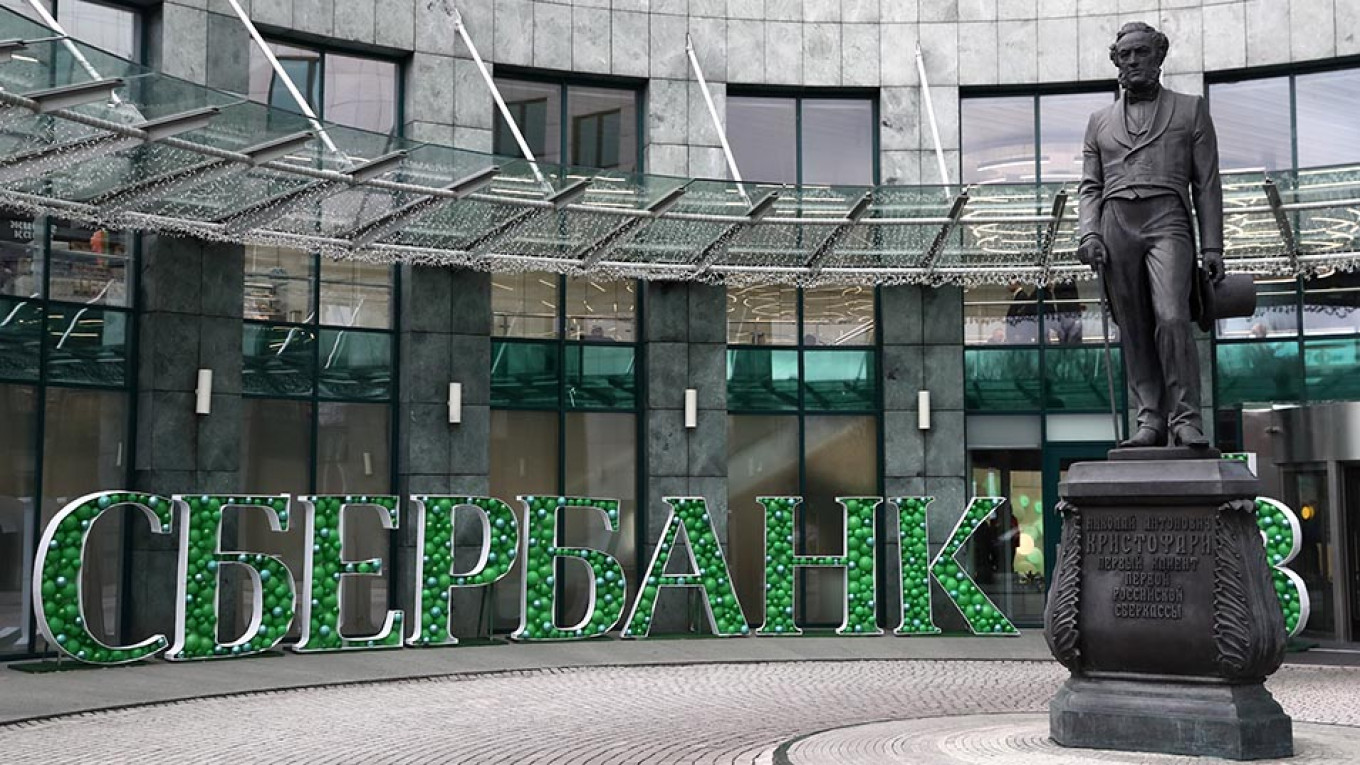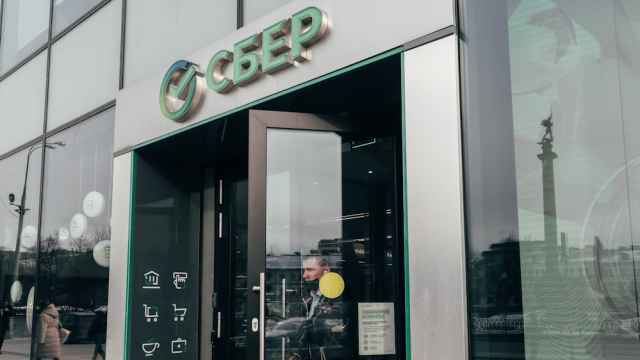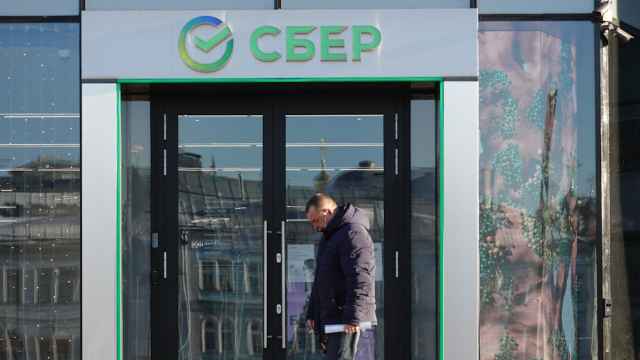Russia will tap its National Wealth Fund (NWF) to buy the central bank’s stake in Sberbank, ending years of debate about potential conflicts of interest arising from the central bank controlling the country’s top lender.
The sale at market price, discussed at Russia’s top-level since late last year, will also help fund social pledges made by President Vladimir Putin last month when he proposed overhauling Russia’s political system.
The finance ministry has sat on the National Wealth Fund, a cushion accumulating oil revenues, for years, waiting for it to reach a certain threshold. However, now that it has reached $125.6 billion, close to 7% of gross domestic product, spending is due to start this year.
“The decision to sell the stake will remove an issue of potential conflicts of interest,” Finance Minister Anton Siluanov said in a statement on Tuesday.
The ministry would buy the central bank’s 50%-plus-one-share stake in Sberbank for a “market price”, it said on Tuesday, without specifying the price and schedule. The central bank has held a stake since 1991.
Two sources close to the deal told Reuters that Sberbank’s stake is estimated to cost around 2.45 trillion roubles ($39 billion), below the market value of 2.8 trillion roubles based on Refinitiv Eikon data on Tuesday.
Siluanov said the Sberbank deal will be financed from NWF funds exceeding the 7%-to-GDP threshold, and the move would not prevent plans to invest NWF money in infrastructure projects.
Putin’s fresh social spending comes atop of the 25.7 trillion roubles that he ordered in 2018 to be spent on 13 policy areas, known as “National Projects”, that included demography. The NWF is a key part of that process, too.
Putin’s Pledges
The central bank plans to keep around 700 billion roubles from the deal, it told Reuters on Tuesday, which the sources said would be used to partially cover for losses from three private banking group bailouts in 2017.
The rest, or 1.25 trillion roubles, is to be returned back to the state budget, in line with the existing law, the sources said.
Calling the need to boost Russia’s birth rate ‘our historic duty’, in January Putin outlined a number of support measures, estimated to cost 4 trillion roubles over four years.
The use of budget funds is less strict than for NWF funds, so by taking half of Sberbank’s sale proceeds back, the finance ministry plans to use 900 billion roubles to fulfill Putin’s fresh pledges in 2021-2023, the sources said.
The deal is planned in several steps starting in April and to be finished in mid-2021, another source involved in the talks told Reuters earlier on Tuesday.
The central bank plans to make an offer to buy out the minority shareholders in Sberbank, part of the deal ending its nearly three decades as the bank’s shareholder, it said. Sberbank’s shares were 2% up after the announcement.
A Message from The Moscow Times:
Dear readers,
We are facing unprecedented challenges. Russia's Prosecutor General's Office has designated The Moscow Times as an "undesirable" organization, criminalizing our work and putting our staff at risk of prosecution. This follows our earlier unjust labeling as a "foreign agent."
These actions are direct attempts to silence independent journalism in Russia. The authorities claim our work "discredits the decisions of the Russian leadership." We see things differently: we strive to provide accurate, unbiased reporting on Russia.
We, the journalists of The Moscow Times, refuse to be silenced. But to continue our work, we need your help.
Your support, no matter how small, makes a world of difference. If you can, please support us monthly starting from just $2. It's quick to set up, and every contribution makes a significant impact.
By supporting The Moscow Times, you're defending open, independent journalism in the face of repression. Thank you for standing with us.
Remind me later.







